Recently, I’ve had my first crack at writing a J2ME application. That was quite a disappointment. Check out the whole post to see why…
Recently, I’ve had my first crack at writing a J2ME application. That was quite a disappointment. Check out the whole post to see why…
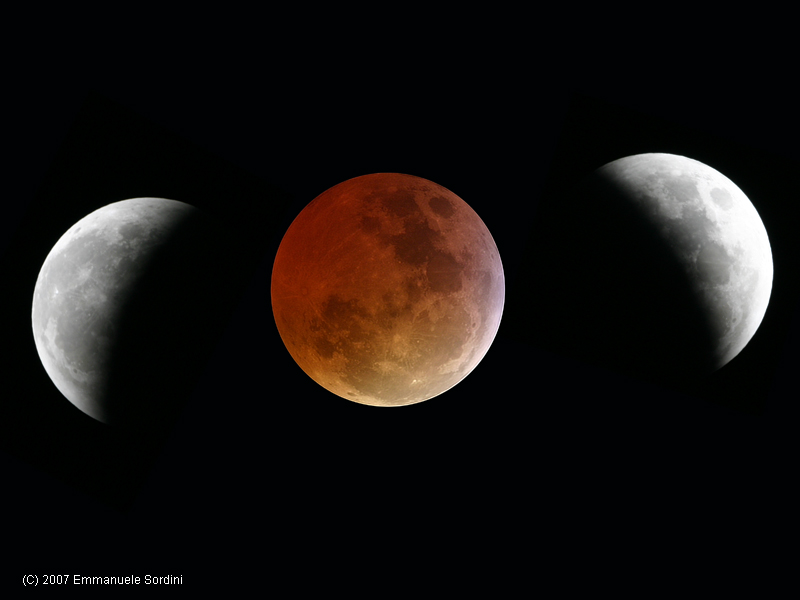
On March 3rd, 2007, a total lunar eclipse took place with very comfortable timing for Western Europe: starting at about 9.30pm local time, maximum eclipse right after midnight, with the last contact with Earth’s umbra around two o’ clock in the morning. The map below shows all parameters for the event. (Please note that all times in this article, except for the map from NASA, are in Central European Time, or GMT+1h).
Here it comes. My first astronomy article ever will be published in the upcoming March 2007 of the Italian Coelum magazine. This is really good news to me.
While native serial ports have almost disappeared from modern laptops, COM port-mapped devices are very popular: USB ports, USB-to-serial adapters, Bluetooth devices, virtual devices, and so on… all of them are viewed as serial ports under Windows. Every time a new driver is installed, one or more COM devices are added and remapped to the first COM number available: this quickly causes the COM port number to shoot through the roof. As for my laptop, there have been quite a […]
This is the first time ever I take part in a conference abroad (i.e. outside Italy). Although I stayed there only for one day and a half, I must really congratulate the BeJUG on the top-notch organization of this event. Here are the main strengths of this JavaPolis edition: Impeccable organization, capable of standing a 2800-person horde with virtually no glitch; High-quality agenda, with a lot of interesting speeches and hands-on sessions; Terrific all-u-can-eat and all-u-can-drink buffet with some real […]
On the 13th of december, Fabrizio Giudici and I will be giving a short talk (as a BOF session) on a Java-based parallel computing project of ours. This very application describes an application of parallel computing to image processing, with a view also to astronomy-oriented tasks. You can find the full description of our BOF session at this link. Many of you may know that parallel computing applications have recently come of age. The so-called “Moore’s Law” of computing power […]
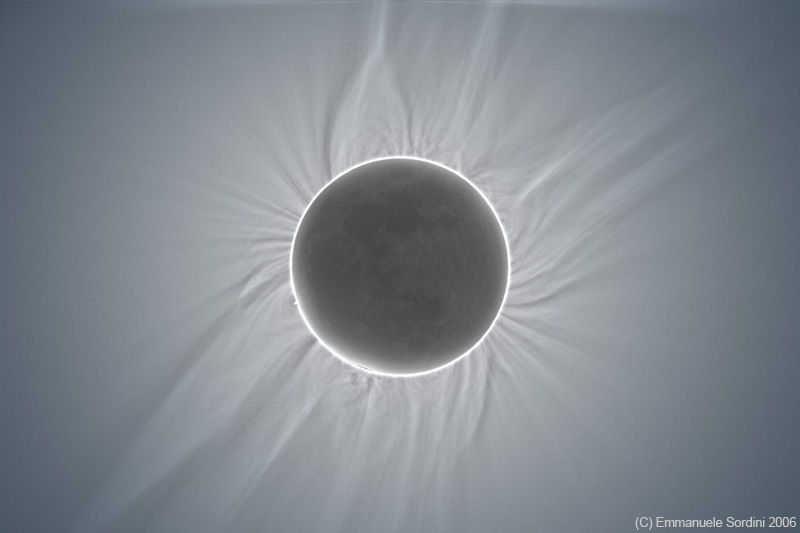
Six months after the October 3rd, 2005, annular eclipse (see the complete report), here comes a total eclipse, the second in my observing record after the last one of the 20th century (1999). This time, the Moon’s shadow path starts in eastern Brazil, quickly dives into the Atlantic Ocean and touches back ground in Africa on the shores of Ghana. Then, it cuts its way through the African continent from SW to NE across the Libyan desert and skims Egypt’s […]
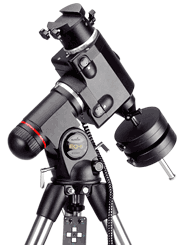
In fall 2004 my beefiest mount was a Losmandy GM8, which I still happily own. The most obvious upgrade would have been the G11, but back then, I simply could not afford it. The Synta EQ6 was a very cheap option, widely known for its very good price/performance ratio but also for its poor mechanical quality. I ran into a (like new) used one, which I paid about 750, or almost 1/4 of a new G11. In december 2004, I […]
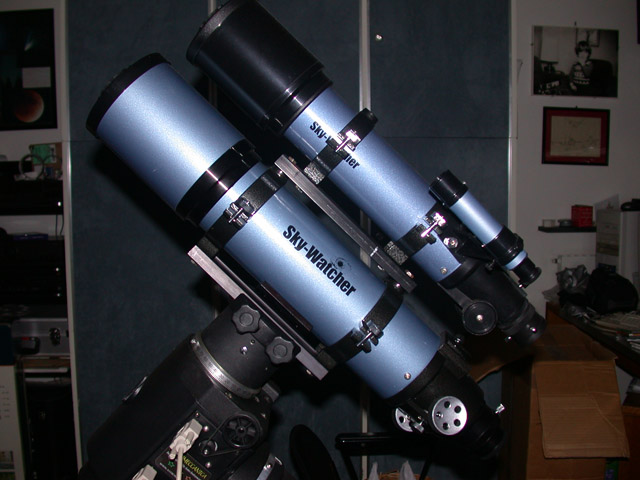
It’s been quite a while (actually at least fifteen years 😉 ) since chinese-made products hit the amateur astronomy market. At the beginning, only small accessories such as adapter rings, eyepieces, prisms and finders were made in the Far East by Japanese, European and American companies to cut down on costs. Then came low-end complete telescopes such as small department-store refractors and reflectors, up to 150 mm in aperture; anyway, medium- and high-end OTAs and mounts were still largely dominated […]
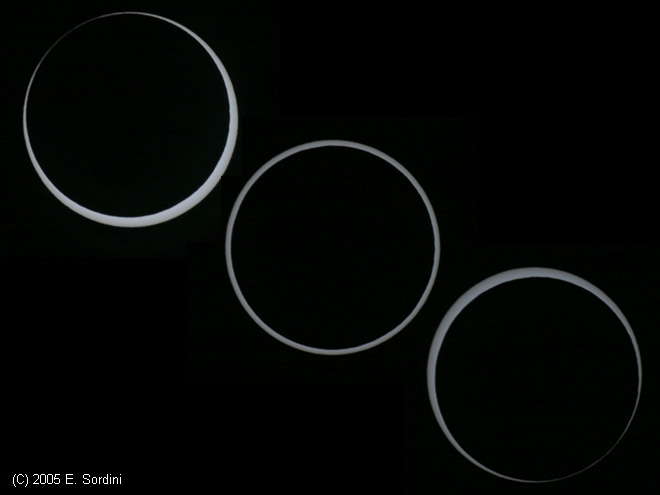
This was the first time I ever watched an annular eclipse, after the total one back in 1999. I already knew, but I can now confirm, that annular eclipses are generally less spectacular than total ones, especially in cases where the Moon is known to be significantly smaller than the Sun (the so-called magnitude of the eclipse). Anyway, it’s a wonderful natural event which the serious amateur astronomer should never miss, at least once in a lifetime. Moreover, if one […]
